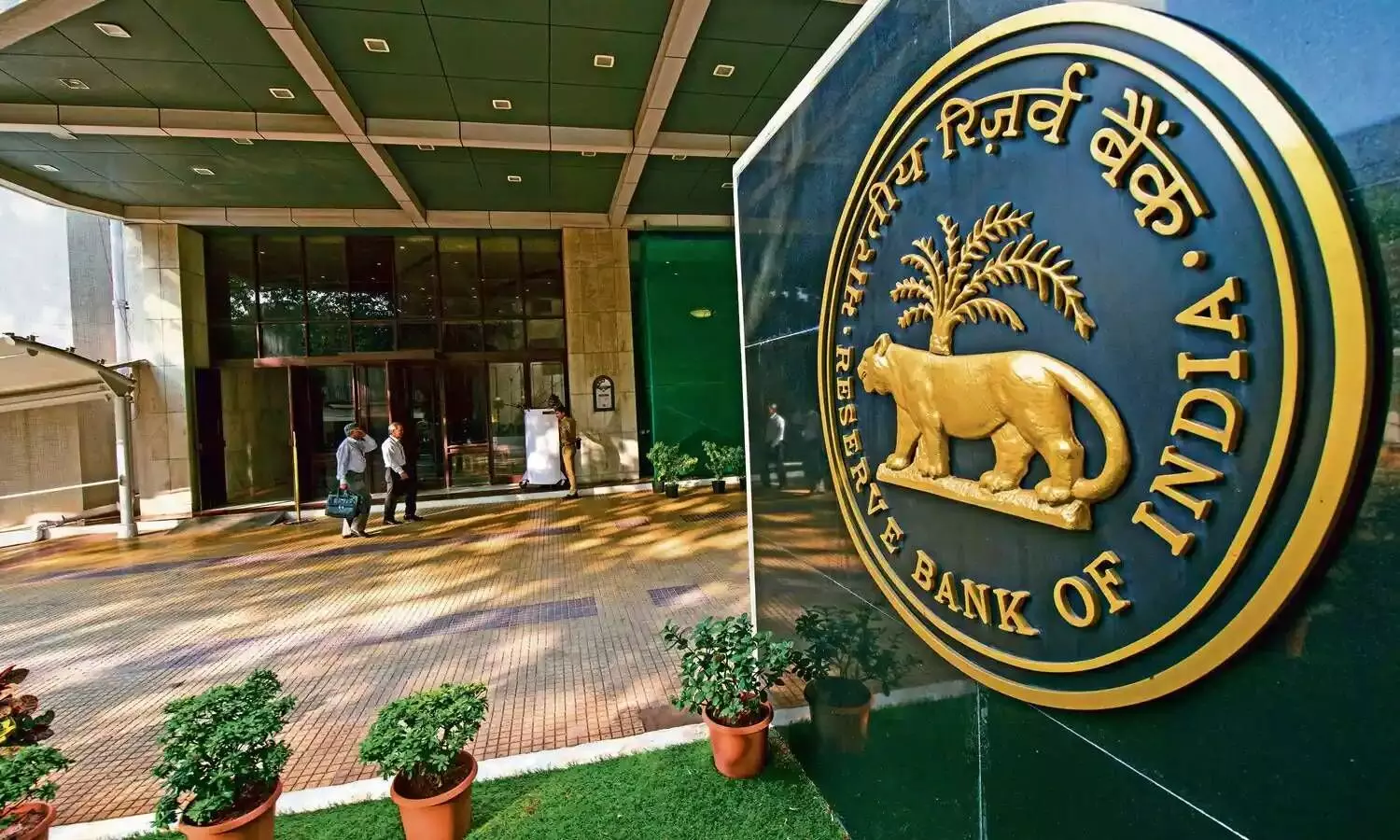Bizz Buzz explainer: RBI Retail Direct Scheme
Prime Minister Narendra Modi launched two most-awaited Reserve Bank of India schemes
image for illustrative purpose

Hyderabad Prime Minister Narendra Modi launched two most-awaited Reserve Bank of India schemes, The Retail Direct Scheme and the Integrated Ombudsmen Scheme which are aimed to make investments and lodging and addressing investment related concerns faster and easier.
Let's dive into the details of the Retail Direct Scheme and how one can invest in government securities
Retail Direct Scheme
The RBI's Retail Direct Scheme allows retail investors to buy and sell government securities (G-sec) online both in the primary and secondary markets. According to details provided by the apex bank, these small investors can now invest in G-Secs by opening a gilt securities account with the RBI. The account opened will be called Retail Direct Gilt (RDG) Account.
The RBI in its notification dating July 12, 2021 says that a retail investor can open the RDG account by having the requirements like Rupee savings bank account maintained in India; PAN card, any official valid document such as Aadhaar, Voter ID for KYC purpose, a valid email ID, and a mobile number to get registered.
How to register on the online portal
Investors can register on the online portal by filling up the online form and use the OTP received on the registered mobile number and email ID to authenticate the information. Upon successful registration, 'Retail Direct Gilt Account' will be opened and details for accessing the online portal will be conveyed through SMS or e-mail. The RDG Account shall be available for primary market participation as well as secondary market transactions on NDS-OM.
Once the account is opened, retail investors can buy government securities in the primary market, where government bonds are issued for the first time or buy and sell the existing government bonds in the secondary market.
How risky are G-secs
G-secs carries no credit risk because the central is the one borrowing here. However, they carry interest rate risks. The prices of G-secs is inversely correlated to interest rates. If the interest rates go up, the bond prices fall and vice versa. While investing in them, the investor needs to look out for interest rate risk.

